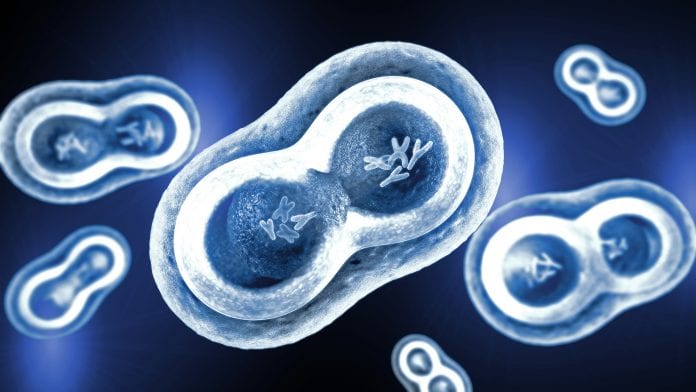
Researchers at Wayne State University are developing new treatments for Barth syndrome (BTHS), a rare genetic disorder
Barth syndrome (BTHS) is a rare and life-threatening, X-linked genetic disorder that primarily affects males and is passed from mother to son. Women who are carriers do not show symptoms of the disorder.
Defective genes
50% of children born to a mother who is a carrier will inherit the defective gene, and all daughters born to an affected man will be carriers. BTHS is caused by a mutation in the tafazzin gene which results in decreased production of cardiolipin, an essential lipid for energy metabolism.
Identify specific metabolites as candidates for treatment
A research team from Wayne State University, led by Miriam Greenberg, Ph.D., professor of biological sciences in the College of Liberal Arts and Sciences, recently received a grant from the National Heart, Lung, and Blood Institute of the National Institutes of Health to work on potential new targets for treating Barth syndrome.
The $1.5 million awarded across four years will be used to investigate “The role of cardiolipin in the TCA (tricarboxylic acid) cycle: Implications for Barth syndrome,” and will aim to identify specific metabolites as candidates for new treatments for Barth syndrome and other cardiomyopathies.
Barth Syndrome can cause numerous health problems and further diseases, including:
- cardiomyopathy (a disorder of the heart muscle);
- neutropenia (a reduction in the number of white blood cells);
- hypotonia, (reduced muscle tone);
- undeveloped skeletal muscles and muscle weakness;
- delayed growth;
- decreased stamina;
- physical disability; and
- methylglutaconic aciduria (an increase in an organic acid that is characteristic of abnormal mitochondrial function).
Greenberg and her team aim to create a new model of Barth syndrome pathogenesis by elucidating mechanisms where cardiolipin regulates the TCA cycle and intermediary metabolism.
Greenberg explains: “We aim to reveal a new direction for BTHS treatment based on activation of PDH and/or supplementation of deficient metabolites. The outcome of our study may reveal a new direction for Barth syndrome treatment based on supplementation of deficient metabolites.”
























